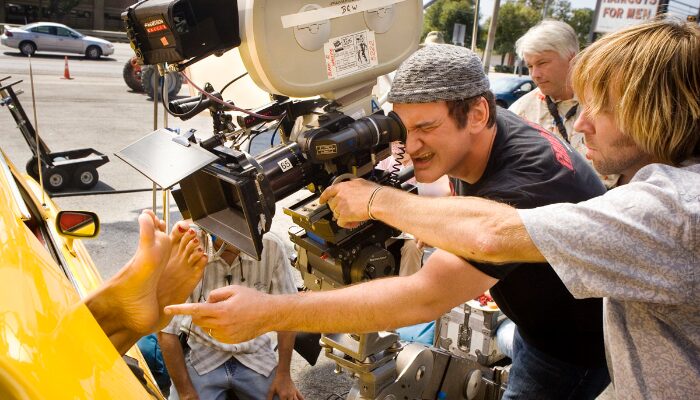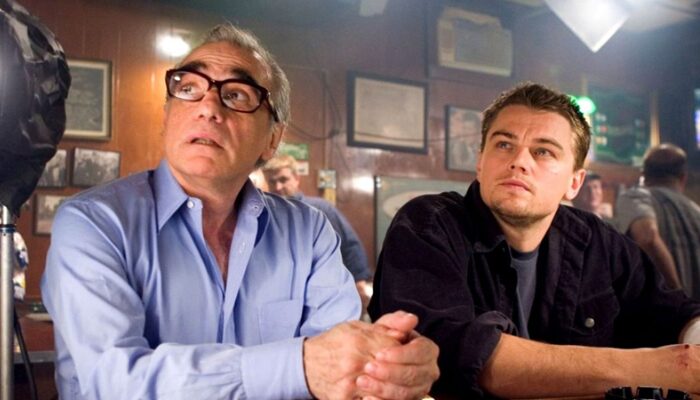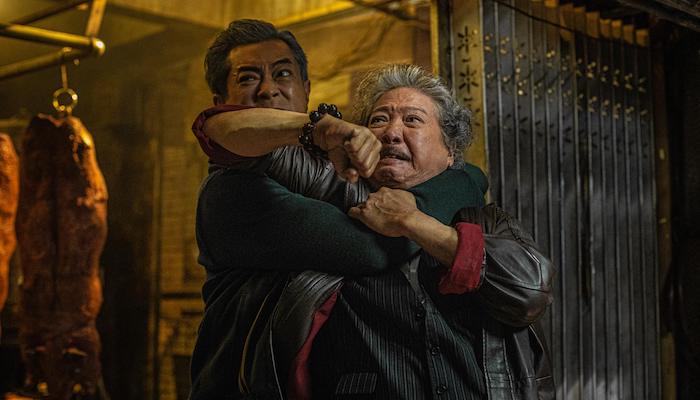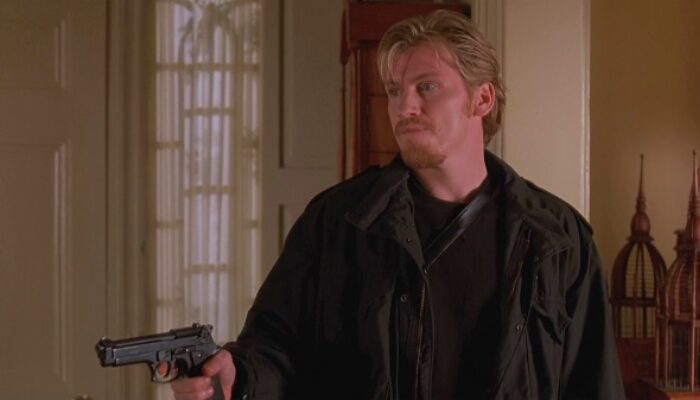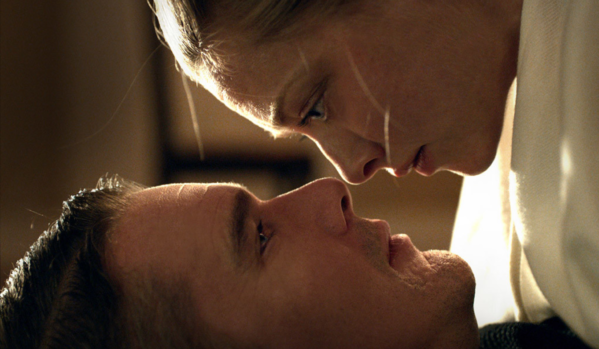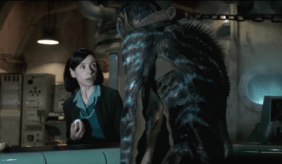Film Review: FIRST REFORMED: A brave exploration of radicalism from the pulpit [Venice 2017]
First Reformed Review
First Reformed (2017) Film Review from the 74th Annual Venice International Film Festival, a movie directed by Paul Schrader, starring Ethan Hawke, Amanda Seyfried, Michael Gaston, and Cedric the Entertainer (as Cedric Kyles). With First Reformed, director and screenwriter Paul Schrader was able to craft a quiet, unsettling film that blurs the line between activism and radicalism from the perspective of an emotionally vulnerable religious leader.
Ethan Hawke plays a minister, Reverend Toller, who is mourning the loss of his son and frustrated with his inconsequential status in a religious community. After counseling a radical environmental activist, Toller’s perspective shifts to reveal a dangerous passion to right a wrong in the world that he believes the Church fails to, or is unwilling to, address. First Reformed attempts to depict the way religious conviction, shrouded in grief, morphs into extremist will, and it is deeply disturbing.
Toller is a religious man, but he feels like a failure as a minister and a man. When he preaches, his sermons echo in the empty, old church he presides over. His home, is equally empty. No furniture or photos fill the space in the parsonage. It is like Toller is an empty shell, a relic, just like his church.
Then, he meets Michael, another man who is full of passion and conviction. Michael wants to save the planet by any means necessary. What Toller tries to understand is how Michael’s love for the earth does not extend to his unborn child. The scene in which Toller and Michael conflict over their religious and political ideals is a snippet of important dialogue about belief.
Casting was unique. Seyfried plays Mary, a earnest, young, married church-goer who maybe likes her pastor too much. Her interest and belief in Toller feels inappropriate and at the same time we are hoping that some good will come from their interaction regardless of whatever attraction between them. Toller is a brokenhearted man. He lost his only child and here is a young woman holding life inside her, reaching out to him. He sees an opportunity in Mary, perhaps, to be needed again.
Esther (Victoria Hill), is the other woman in his life. She does not need him but wants him. It is hard not to draw comparisons between the two woman we meet and their biblical namesakes. Esther, a queen in the bible, was an effectual queen, beloved and honored. Here, Esther is trash to Toller. Meanwhile, Mary and Toller interact in chaste humility. Between them, Hawke plays the contemplative preacher with a fiery reserve. He convincingly shifts between a quiet, respectful demeanor and bursts of just plain mean.
Cedric the Entertainer takes a turn as Pastor Jeffers, a well-to-do preacher of a lucrative mega-church. His mastery of the bible is a challenge to Toller’s perspective that churches fail to preach the gospel anymore. In another critical conversation between Jeffers and Toller, we see that Jeffers is a charismatic leader whose spirituality is only outweighed by his mandate to preserve corporate sponsorship.
While our heroes and villains are directed with quiet grace, the settings are loud and clear. First Reformed Church is a plain, black and white echo chamber. The church is bereft of warmth and uninspiring. Then, we visit Jeffers’ church. There, we are greeted with bright reds and warm woods. Big and pretty, it feels like a home filled with youthful voices in song. Yet outside, in the country wilds, we are cold to the bone with snow covered landscapes and paper thin woods.
Toller lives in the dark. He even writes in his journal in dim light. Because we approach this world from Toller’s perspective, everything seems bleak, almost asleep, and there is a desperate need for a wake up call. As he prepares his church for a birthday celebration, he undergoes his own sort of revival. We watch Toller transition from passive voice to active voice in his inner dialogue and his social interaction. Events shock him into consciousness and he can no longer keep quiet. We are on pins and needles anticipating what he does to make himself heard.
First Reformed leaves a lot for our interpretation. Schrader leaves ample space to breathe in each sequence of film so we either feel the full impact of the scenes or anxiously await the next moment. But there is always something missing, unsaid, or left dangling in the air. In one bizarre scene, everything is literally suspended in space – and yes, it is disengaging for the realistic setting of the story. This style makes for a slow-moving plot, but a worthy cinematic journey.
Score: 7.5/10
Leave your thoughts on this review of The Reformed and on The Reformed in the comments sections below. Readers seeking more film reviews can visit our Movie Review Facebook Page. Want up-to-the-minute notifications? FilmBook staff members publish articles by Email, Twitter, Tumblr, Google+, and Facebook for quick updates.
Related Articles
FilmBook's Newsletter
Subscribe to FilmBook’s Daily Newsletter for the latest news!

